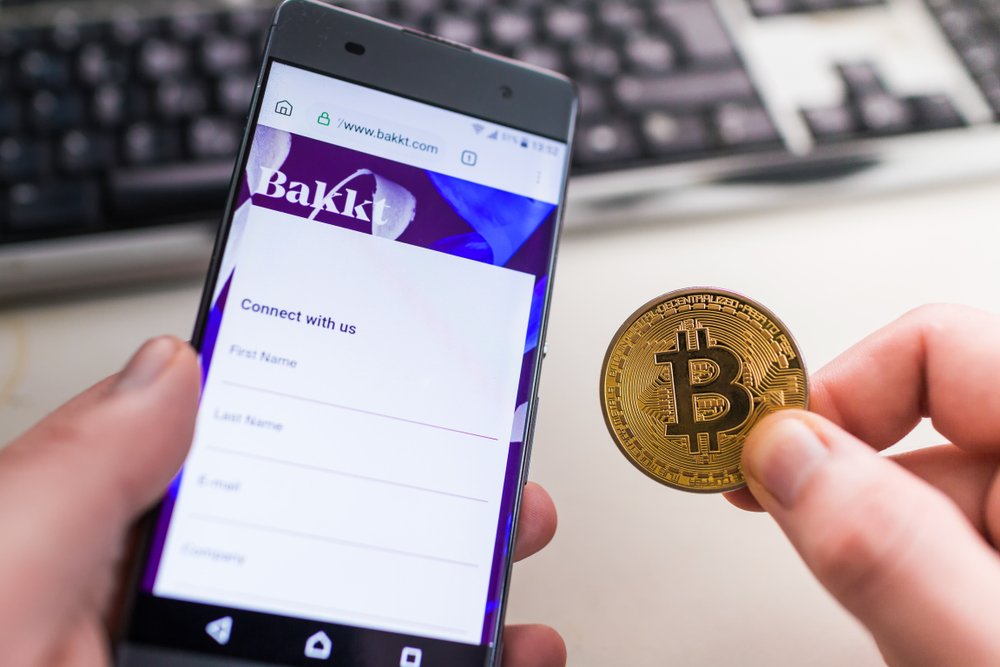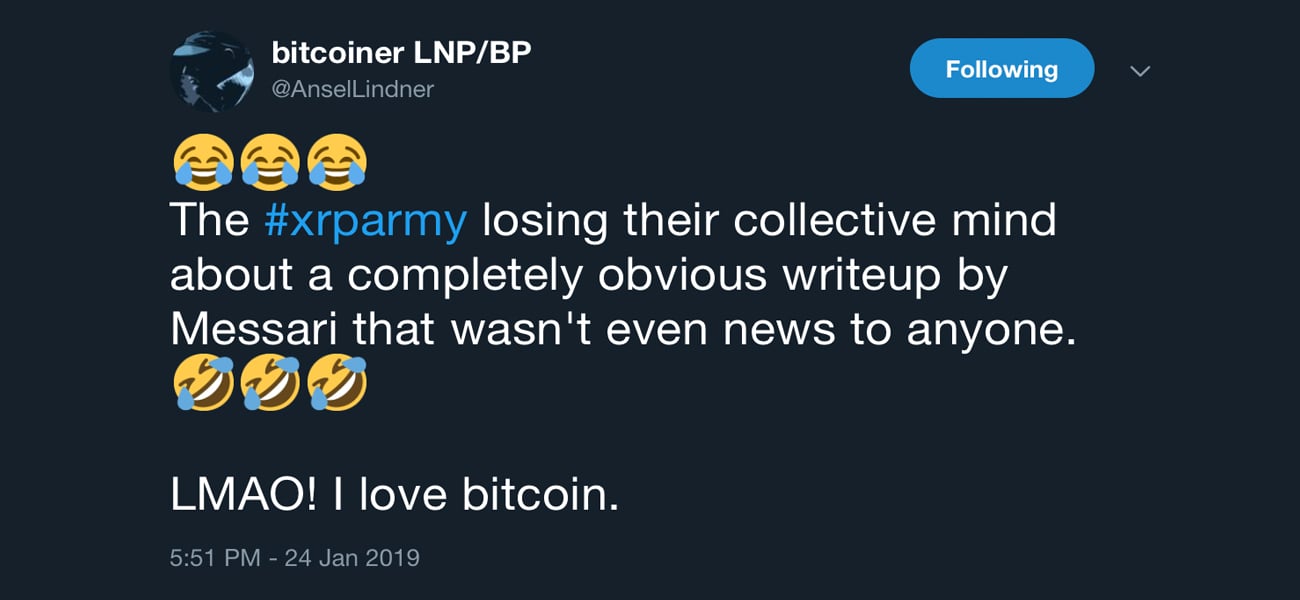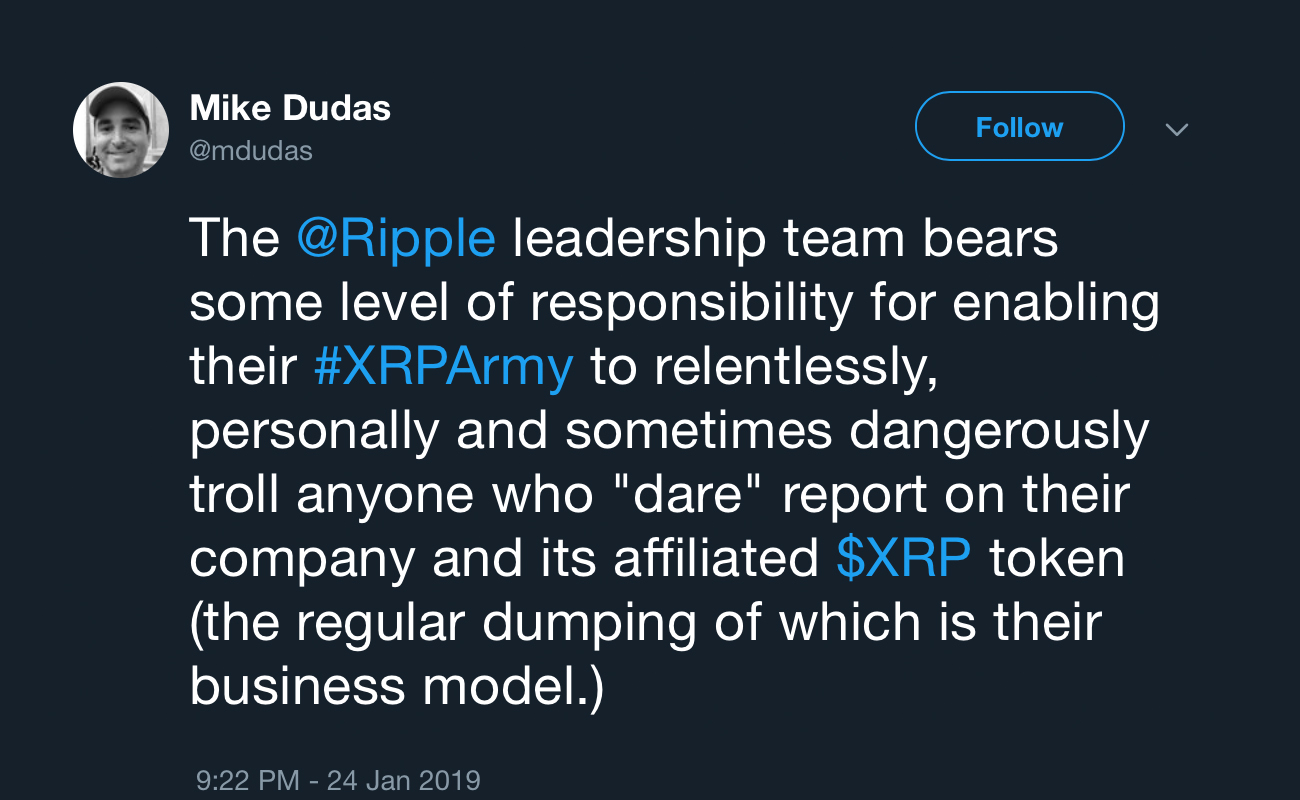
In the first weekend edition of The Daily, crypto exchange Kucoin lists Mimblewimble coin Grin, giving it several trading pairs, and Bakkt releases product details about its upcoming futures contracts. Also, a Chinese investor sues a famous Israeli crypto entrepreneur for alleged fraud, while Malta issues a warning about a get-rich-quick “Bitcoin Revolution” scam.
Also read: Market Cap Metric Attracts Flak, Trust Wallet Does Desktop
Kucoin Lists Trading Pairs With Privacy-Centric Grin
Cryptocurrency exchange Kucoin has announced the listing of grin, the recently launched, privacy-focused cryptocurrency which is based on the Mimblewimble protocol. “Grin is now on Kucoin, you can deposit now,” the Singapore-headquartered digital asset platform tweeted, adding that the coin will be tradable with several pairs – bitcoin core (BTC), ethereum (ETH), and the stablecoin tether (USDT). The exchange also said that withdrawals will open at 18:00 (UTC+8) on Saturday, Jan. 26.
Grin (GRIN) is now on KuCoin, you can deposit now. Trading pairs include GRIN/BTC, GRIN/ETH and GRIN/USDT. Buying starts Jan 24, 2019, 17:30 (UTC+8), selling starts Jan 24, 2019, 18:00 (UTC+8) and withdrawal opens Jan 26, 2019, 18:00 (UTC+8).@grinMW #KCS #GRIN #BTC #ETH #USDT pic.twitter.com/8IzidvrN6L
— KuCoin Updates (@KuCoinUpdates) January 24, 2019
Grin is the second Mimblewimble digital currency launched since the beginning of the year, with Beam being the first. Mimblewimble was originally developed in 2016 to improve the scalability of the Bitcoin network and provide enhanced privacy for its users.
Since its launch, the price of grin has seen considerable volatility and a significant decline following the rapid increase in its supply due to its inflationary design and high issuance curve. According to Coingecko, the coin is trading at $8.27 at the time of writing, after doubling in price in a matter of days. Beam’s start was not an easy one either. Its developers found a critical vulnerability in their wallet soon after the launch of the Beam mainnet, and UTXO bug later caused its blockchain to temporarily grind to a halt.
Bakkt Publishes Bitcoin Futures Specifications
Crypto platform Bakkt, a subsidiary of Intercontinental Exchange (ICE), has released new details about its upcoming Bitcoin futures product. According to the specifications published on ICE’s website, the trading screen product name of the contracts will be “Bakkt BTC (USD) Daily Future” and each contract will be 1 BTC in size. Bakkt will offer one-day, physically delivered futures.
There will be no daily price limit and prices will be quoted in U.S. dollars. The minimum price fluctuation will be $2.50 per coin (contract), which can go down $0.01 per 1 BTC for block trades with a minimum of 10 lots. A position limit of 100,000 lots in any contract date will be applied. A $0.50 combined exchange and clearing fee per side will be charged.

Bakkt futures were initially expected on Jan. 24, but at the end of December, ICE published a notice stating that the launch date “will be amended pursuant to the CFTC’s process and timeline.” The platform is still waiting for regulatory approval from the U.S. Commodities Futures Trading Commission.
Last month Bakkt raised $182.5 million in funding. In mid-January the company announced an agreement to acquire assets from the futures merchant Rosenthal Collins Group. It also recently posted eight vacancies looking to hire blockchain developers among other specialists and executives.
Investor Sues Israeli Crypto Entrepreneur Moshe Hogeg
A cryptocurrency investor from China has filed a lawsuit in Tel Aviv against the well-known Israeli crypto entrepreneur Moshe Hogeg. Zhewen Hu alleges Hogeg misappropriated millions of dollars invested in his company STX Technologies Ltd (Stox).
The Chinese citizen, who invested about $3.8 million worth of ethereum in the prediction market platform, is suing Hogeg and Stox for $4.6 million, saying the company’s promises and commitments never materialized.
Stox raised a total of $34 million during its initial coin offering in August 2017 but the lawsuit claims Hogeg invested only $5 million of the ICO funds in the company, The Times of Israel reported. He is accused of using the rest of the money to invest in other ICO projects including Telegram’s token sale.
Malta Warns About Crypto Platform ‘Bitcoin Revolution’
The Malta Financial Services Authority (MFSA) has issued an alert about a crypto investment platform called Bitcoin Revolution. According to the regulator, the entity promotes itself by publishing ads on a number of associated sites and posts on social media using the names of prominent personalities without their consent and announcing profits they supposedly made.

“Bitcoin Revolution is NOT a Maltese registered company NOR licensed or otherwise authorised by the MFSA to provide any investment or other financial services which are required to be licenced or otherwise authorised under Maltese law,” MFSA stated in the alert notice quoted by The Times of Malta. The financial watchdog describes the platform as an international “get-rich-quick” cryptocurrency scam.
What are your thoughts on today’s news tidbits? Tell us in the comments section.
Images courtesy of Shutterstock.
At Bitcoin.com there’s a bunch of free helpful services. For instance, have you seen our Tools page? You can even lookup the exchange rate for a transaction in the past. Or calculate the value of your current holdings. Or create a paper wallet. And much more.
The post The Daily: Bakkt Shares BTC Futures Details, Kucoin Adds Grin Trading Pairs appeared first on Bitcoin News.
from Bitcoin News http://bit.ly/2HwYQLx The Daily: Bakkt Shares BTC Futures Details, Kucoin Adds Grin Trading Pairs



 On Jan. 24, Singapore’s ministry of law, in an apparent reaction to the growing acceptance of virtual currency,
On Jan. 24, Singapore’s ministry of law, in an apparent reaction to the growing acceptance of virtual currency, 



 Bitstamp announced on Friday that it has “partnered with Dukascopy Bank, one of the leading Swiss online banks, to enable crypto funding on their platform.” The exchange elaborated:
Bitstamp announced on Friday that it has “partnered with Dukascopy Bank, one of the leading Swiss online banks, to enable crypto funding on their platform.” The exchange elaborated: Geneva-based Dukascopy Bank offers currency and precious metal (forex) trading to retail and institutional clients. Its website explains that the funding and withdrawals of BTC are offered through “crypto-fundable trading accounts,” adding that BTC is currently the only cryptocurrency supported.
Geneva-based Dukascopy Bank offers currency and precious metal (forex) trading to retail and institutional clients. Its website explains that the funding and withdrawals of BTC are offered through “crypto-fundable trading accounts,” adding that BTC is currently the only cryptocurrency supported.









